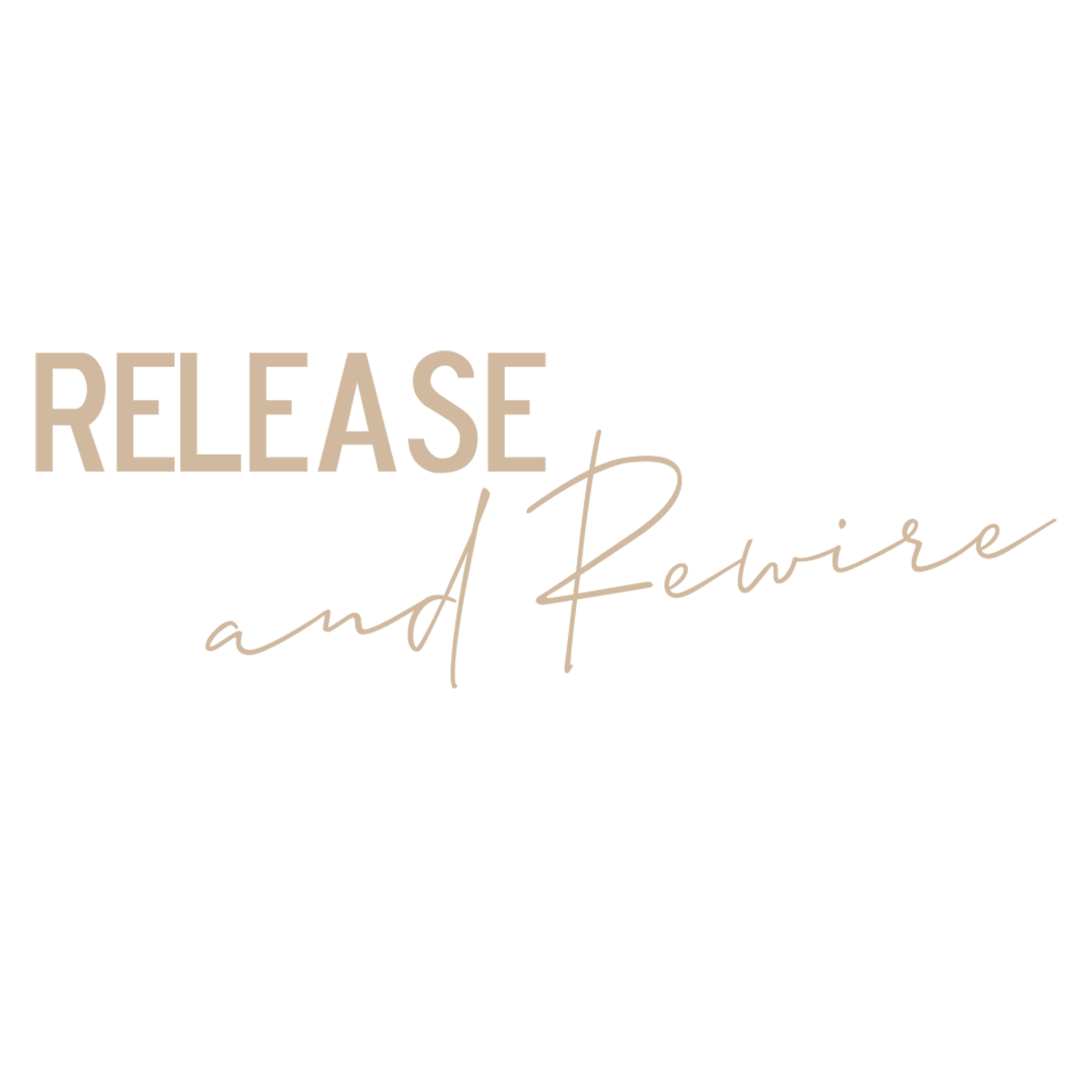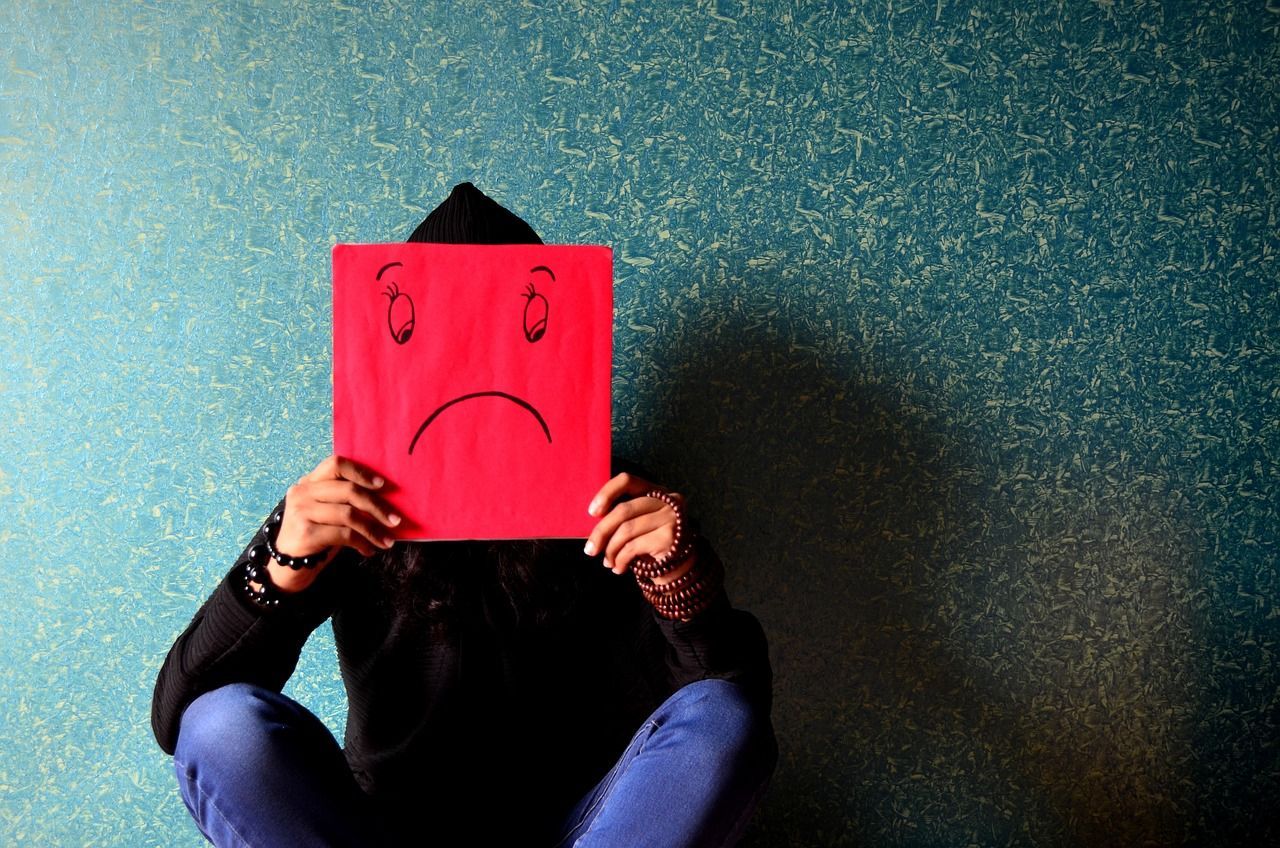Blog
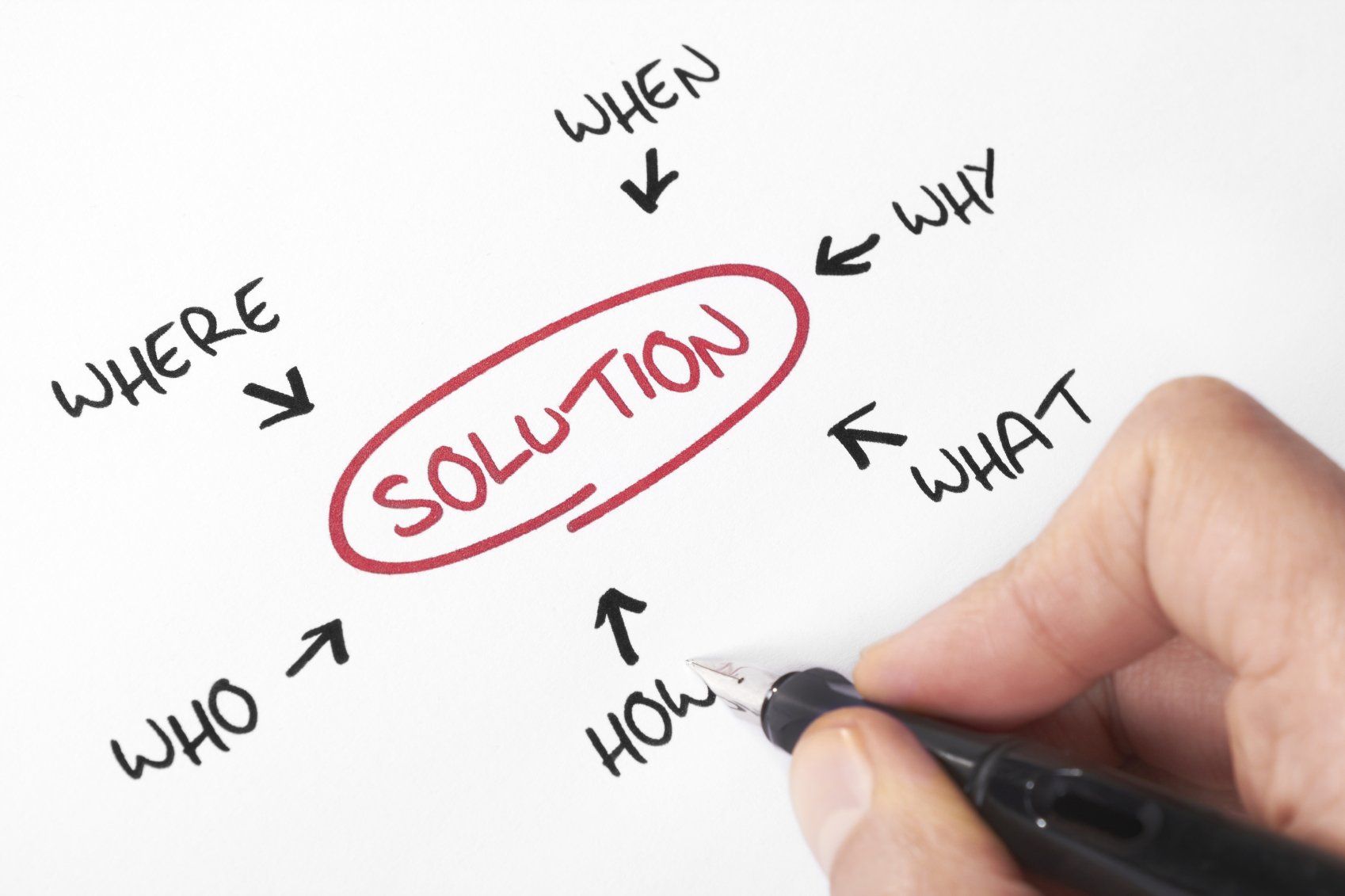
We all have habits we’d love to build—whether it’s exercising more, meditating daily, or simply being more present in our relationships. On the flip side, there are also habits we’d rather leave behind, like doom-scrolling, procrastinating, or hitting snooze one too many times. But changing habits isn’t easy. Our brains love routine, even when it doesn’t serve us. That’s where neuroplasticity comes in—the brain’s ability to rewire itself and adapt to new behaviors. And here’s where things get even more interesting: microdosing has been shown to enhance neuroplasticity, making it a potential game-changer for implementing new habits and letting go of old ones. I’m not here to make bold claims or tell you microdosing is a magic pill. But based on both research and personal experience, I’ve found it to be a powerful tool for rewiring patterns in a way that feels natural, fluid, and sustainable. Let’s break it down.
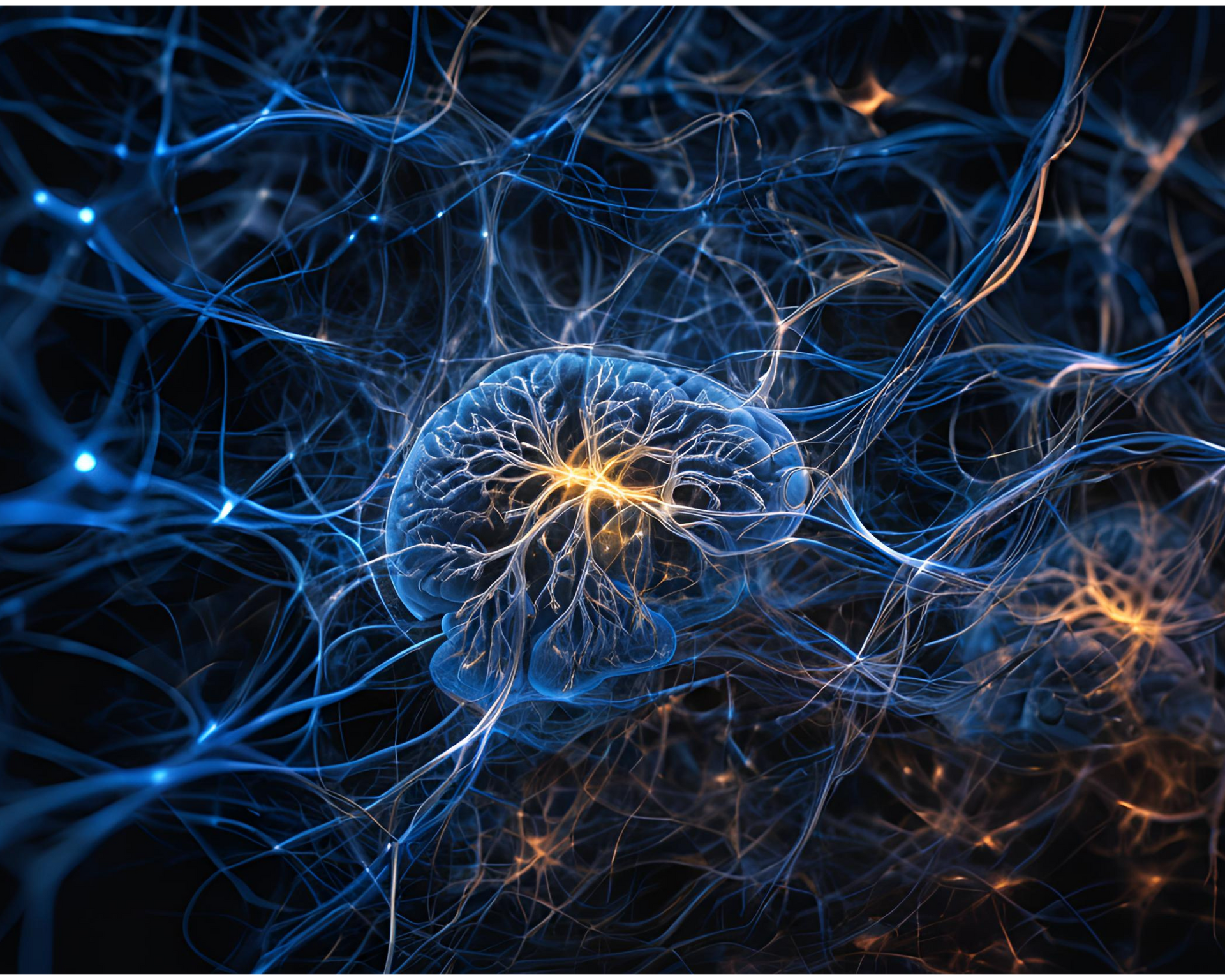
Our ability to adapt, learn, and bounce back from challenges is grounded in the brain’s remarkable ability to change. Whether we're developing new habits, learning something new, or processing emotions, the brain is constantly evolving. This capacity to rewire itself is at the heart of personal growth, and the more we understand about this process, the more we can optimize it. One of the key players in this ability to adapt is Brain-Derived Neurotrophic Factor, or BDNF. You may have heard about it, but what exactly is it, and why does it matter? The body content of your post goes here. To edit this text, click on it and delete this default text and start typing your own or paste your own from a different source.
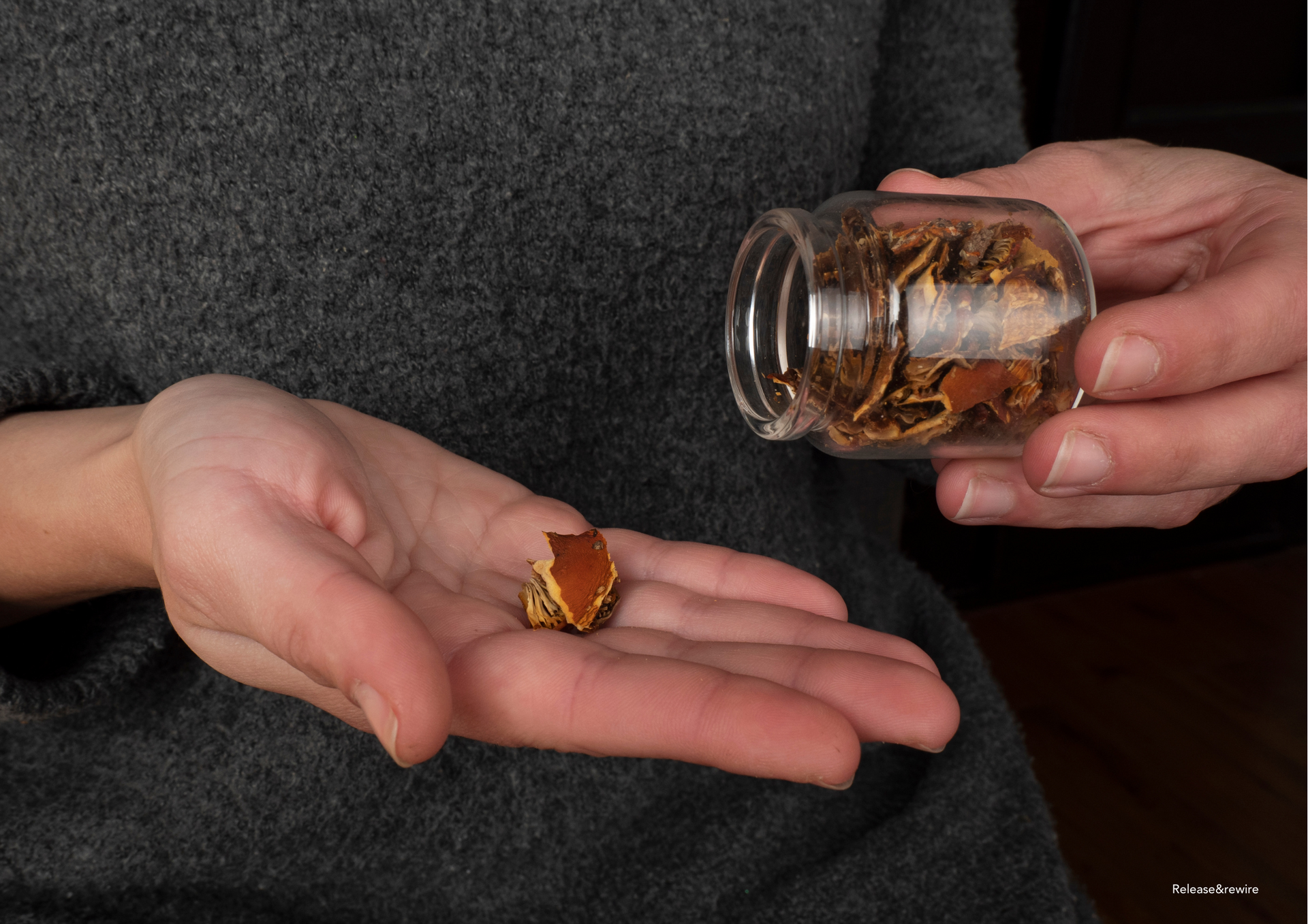
Explore the potential benefits of microdosing for managing ADHD. Learn how small doses of psychedelics like LSD and psilocybin can enhance focus, improve neuroplasticity, and help with impulse control. Discover studies and personal accounts highlighting microdosing's effects on attention and cognitive function

Are you constantly feeling overwhelmed by the fast-paced world we live in today? Do you find yourself always rushing from one thing to the next without taking a moment to breathe? If so, you may benefit from incorporating slow living practices into your daily routine. Slow living is a lifestyle choice that prioritizes quality over quantity, mindfulness over multitasking, and savoring the present moment over constant hustle. But what exactly is slow living, and how does it impact our mental and physical well-being?
